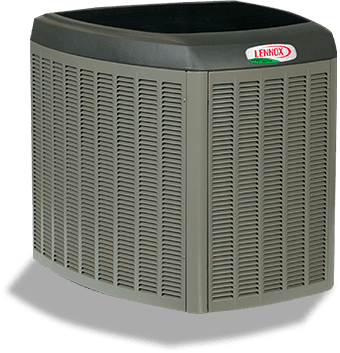A new furnace is a considerable investment, and if you’re considering a new heating system, a heat pump is an effective, energy efficient solution for heating your home.
Instead of using energy to actually heat the air that is circulated through duct work, heat pumps use a much smaller amount of energy to move heat from one location to another. They typically pull heat out of the air or the ground and then move it through ducts to heat a home. The same process is used (in reverse) to cool a space during warmer weather.
Different heat pump systems
There are two basic types of heat pump systems. Closed loop, or geothermal heat pumps, and open loop systems. While they utilize different technology, they both offer some of the same benefits, including:
- No use of fossil fuels
- Reduced electrical consumption year round
- Longer equipment life expectancy
- Better technology
- Improved performance
- More green
- More evenly distributed heat
- Increased comfort
Geothermal heat pumps
Geothermal pumps draw most of their heat or cool from the earth, forming a closed loop. They utilize a double or single flow center and a ground loop. This ground loop is a polymer plastic pipe buried about 5 to 8 feet down inside the ground.
Open loop heat pumps
An open loop system uses a pump to either a shallow well external pump up to 30 feet, or a deep well pump below 30 feet. Both styles pump fresh water out of the well and push it through the same equipment as the closed loop. The water from the open loop, however, is released into either a leach bed or a dry well that is out in the yard.
Heat Pump Installation
Heat pumps can actually be fitted in about one day, but the installation is fairly complicated and requires the right equipment. To ensure a heat pump works correctly and truly makes energy usage more efficient, it is best to hire a professional installer.

